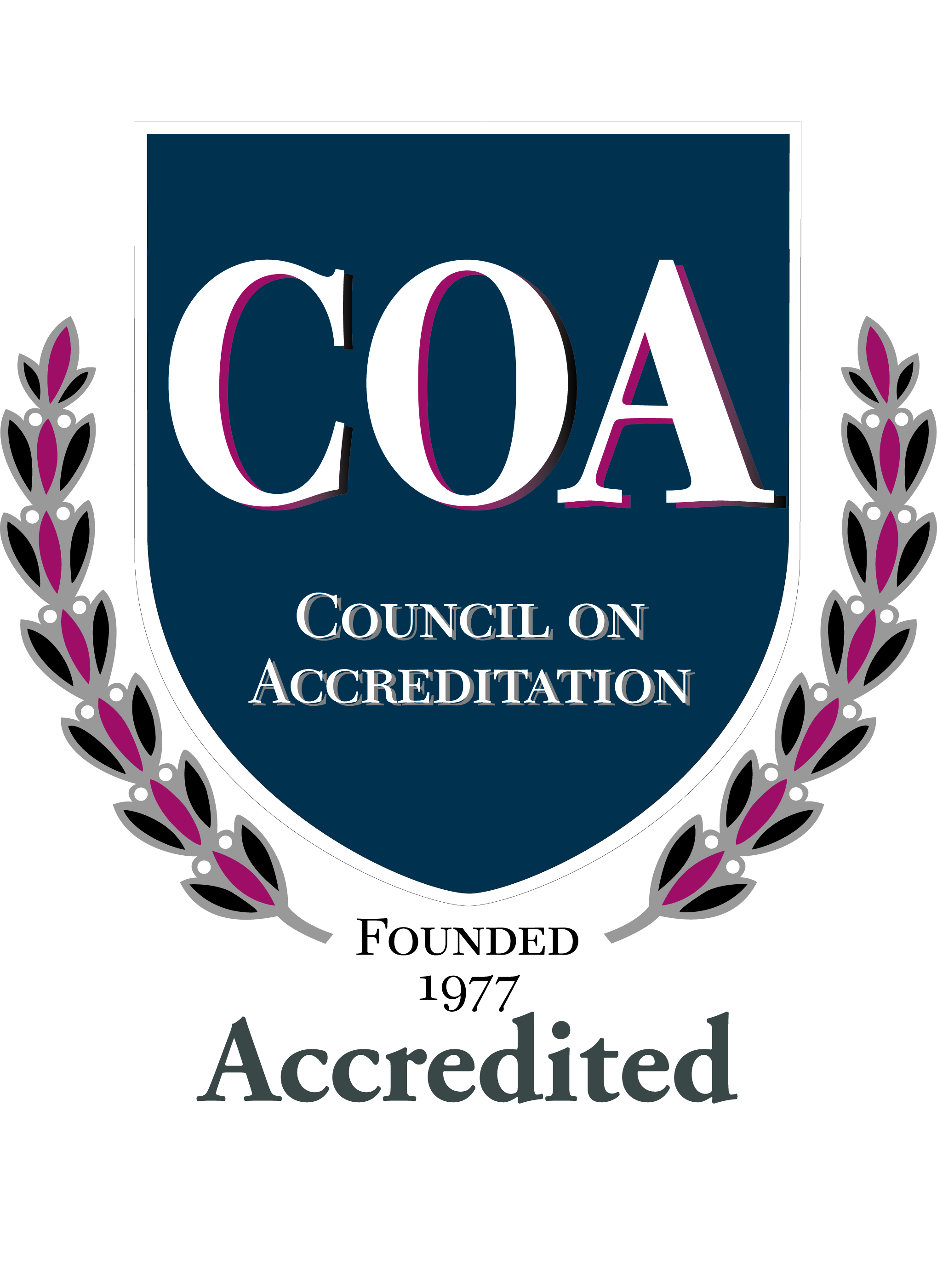A brief guide to the advantages of these tax-saving trusts.
The charitable remainder trust is a tax-wise way to increase your current income while you provide a generous gift for our future.
The trust works quite simply:
- You transfer money, stock, or other property to a trustee.
- The trustee then pays you and/or your spouse income for life. (In the alternative, you could designate other individuals as the lifetime beneficiaries of the trust, or set up the trust for a certain number of years.)
- After the lifetime income payments have been made, the trustee transfers whatever amount is left in the fund to us for the particular purpose you designated when you created the trust.
Often, the charitable remainder trust is created to provide additional income for the donor and/or the donor’s spouse for life. The lifetime payments will depend on which kind of charitable remainder trust the donor chooses. If it is an annuity trust, the beneficiary receives a particular sum of money each year. If it is a unitrust, the beneficiary receives a percentage of the total value of the assets in the trust each year. Consequently, if the donor wishes to receive a certain amount of money each and every year, he or she creates an annuity trust. If the donor wishes to receive an amount which increases or decreases with the total value of the assets in the trust, he or she creates a unitrust.
In addition to the lifetime of income, both the annuity trust and the unitrust offer a number of benefits:
- The donor receives a substantial federal income tax deduction upon the creation of the trust.
- No capital gains tax liability is incurred upon the transfer of appreciated property to fund the trust.
- The beneficiaries receive the benefit of professional investment management.
- The creation of the trust reduces the property which must be administered in the donor’s estate, and results in favorable estate tax treatment.
QUESTIONS AND ANSWERS
Q. You say that one’s current income may be increased through a charitable remainder trust. How is this possible?
A. If you transfer stock that pays little or no dividend income, the trust can pay you the higher rate of return you have stipulated in the trust. The trust can take the stock you have transferred and reinvest in other investments with a higher income yield. The charitable remainder trust is an excellent vehicle for converting from growth assets to income-producing assets. And this can be done without incurring a tax on the capital gain while receiving an income tax deduction at the same time!
Q. Please explain the difference between the annuity trust and the unitrust in more detail.
A. The major difference is in how the amount of the lifetime income is determined. The annuity trust pays a fixed dollar amount each year. The annual income paid from a unitrust fluctuates proportionately with the value of the trust.
For example, if a donor creates a $100,000 annuity trust, the donor may stipulate that he or she receive $5,000 (or some other fixed sum) each and every year from the trust. If the trust earns $6,000 one year, $5,000 is still the only amount paid out; the remaining $1,000 would be kept in the trust. Similarly, if the trust earns only $4,000 one year, it would still be obligated to pay out the $5,000 figure specified in the trust; the extra $1,000 would be paid out from the trust principal. Only in the unlikely case where the trust’s assets were not sufficient to pay this amount would the donor not receive $5,000 each and every year.
With the unitrust, the amount paid out will vary from year to year based on the performance of the trust’s investments. For example, if a donor creates a unitrust to pay out 5% each year and initially contributes $100,000 to the trust, the donor (or other life income beneficiary) will receive $5,000 from the trust the first year. If the trust’s assets are valued at $110,000 at the beginning of the second year, $5,500 ($110,000 X 5%) will be paid out for the second year. This same calculation will be made each year.
There are variations on the standard unitrust described above which allow the donor to specify that only the net income will be paid out from the unitrust, if the net income is less than the specified percentage payout.
There are other differences between the annuity trust and the unitrust that should be considered with one’s attorney or tax advisor. For example, additional contributions may be made to a unitrust after it is initially funded, while the annuity trust cannot accept additional contributions.
Q. How much of a charitable deduction will I receive for setting up a charitable remainder trust?
A. A person who creates such a trust is entitled to a federal income tax deduction for the present value of the “remainder interest” which the charity receives. Among other factors, the amount of deduction is determined by: (a) whether the trust is an annuity trust or a unitrust; (b) the age(s) of the life income beneficiary or beneficiaries; and (c) the rate of return specified in the trust. The older the beneficiaries, the higher the charitable deduction. The higher the rate of return specified in the trust, the lower the charitable deduction.
Q: Please give me an example of the possible benefits of creating one of these trusts.
A. Let’s look at the hypothetical case of Mr. Anderson, age 65, who creates a unitrust with appreciated securities having a present value of $100,000. The trust is to pay him 6% of the fair market value of the trust assets each year. After the lifetime payments to Mr. Anderson terminate, the trustee is directed to transfer the remaining funds to us. Mr. Anderson will be entitled to a present income tax deduction of approximately $39,000 for creating the trust. In addition, he avoids the capital gains tax he would incur if he sold the securities. He will also receive 6% of the fair market value of the trust assets each year. Most important of all, however, is the generous gift which Mr. Anderson has made for our future.
Q. The charitable remainder trust sounds like a good idea. How can I receive additional information?
A. Keep in mind that the information in this brochure is necessarily general in nature. We would be pleased to provide you, your attorney, or your tax advisor with additional information on the advantages of the charitable remainder trust. Thank you for your interest and support.
Copyright 2000-2013 by Calder P. Sinclair. All rights reserved. This information is designed to provide accurate and authoritative information in regard to the subject matter covered. It is provided with the understanding that neither the author nor the publisher is engaged in rendering legal, accounting, or other professional services. If legal advice or other expert assistance is required, the services of a competent professional person should be sought.



